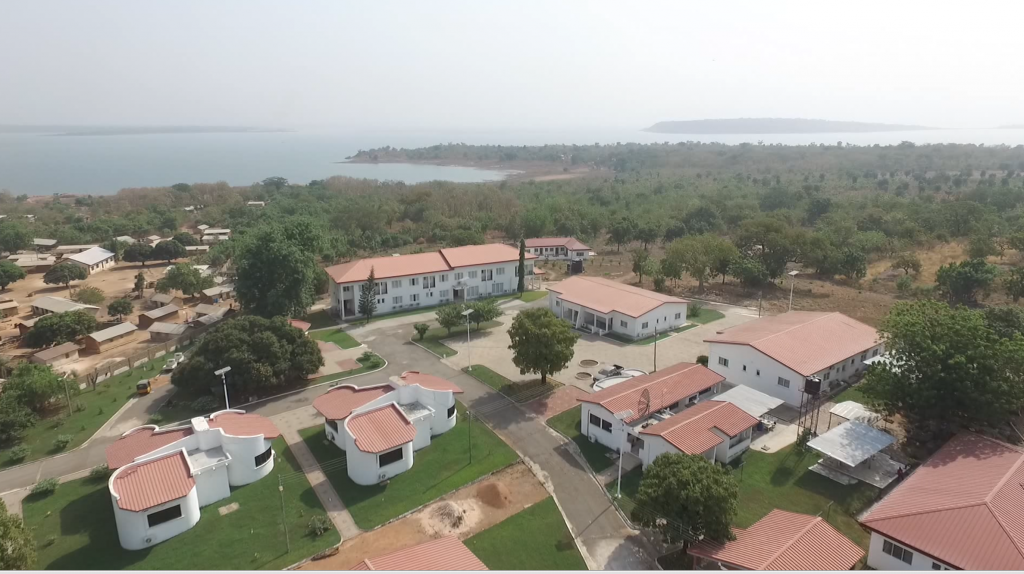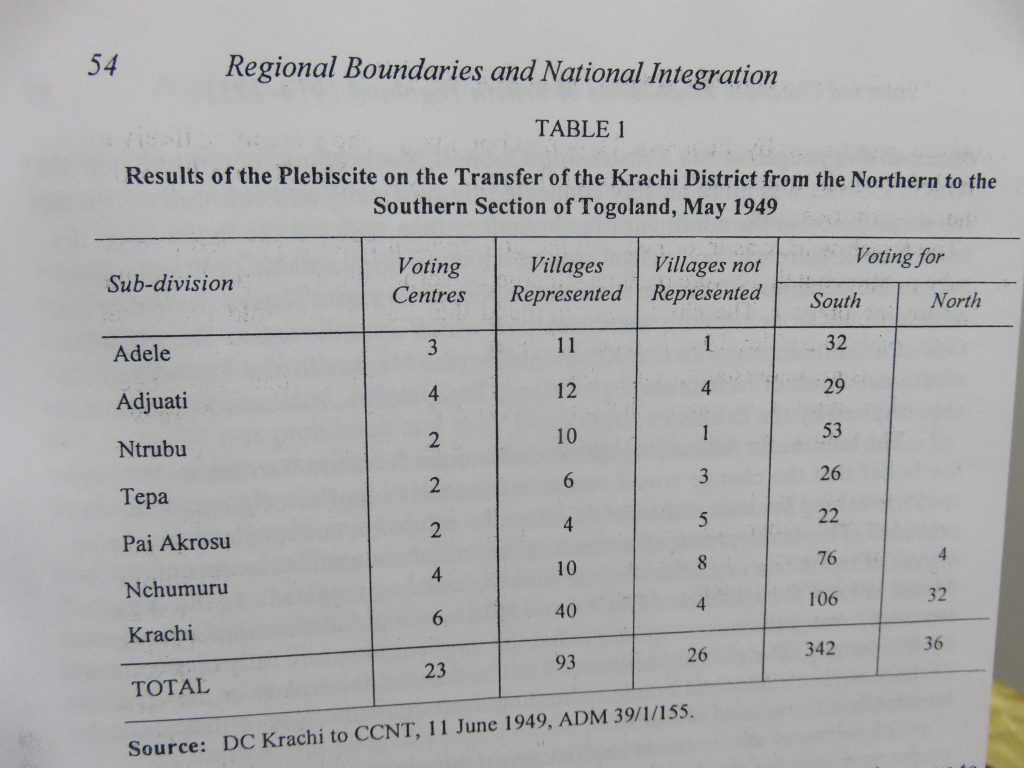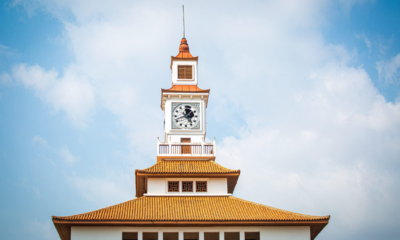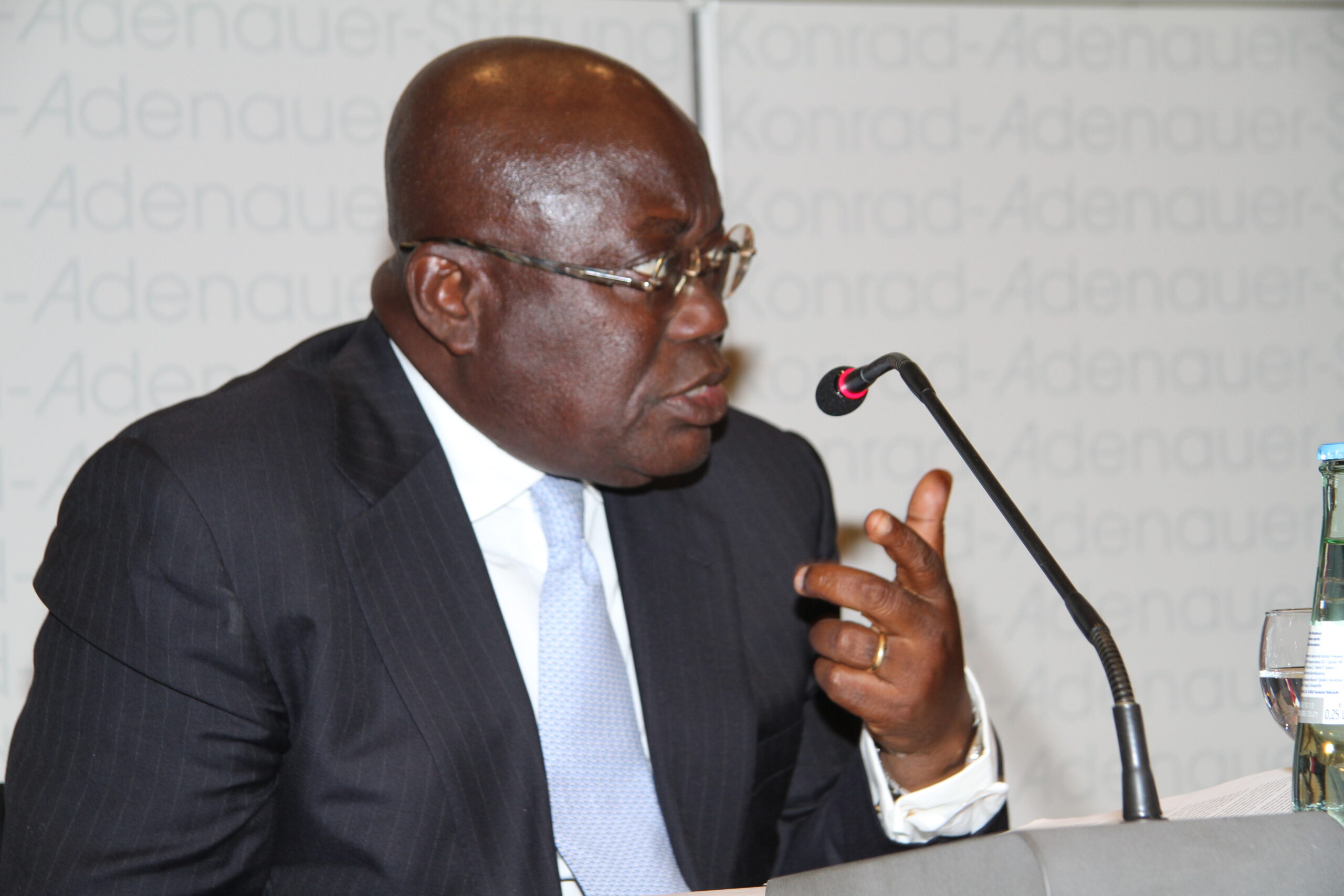News
DOCUMENTARY: Why Kete-Krachi deserves the capital of Oti Region

Aerial shots of some part of Kete-Krachi Lakeside
The people of Kete-Krachi say they deserve and are prepared to host the capital of the newly-created Oti Region.
They argue that siting the regional capital in Kete-Krachi will open up that area for development and also open up the Oti Region to the regions that share boundaries with Kete-Krachi to the north and west.
They argue that due to the location of Kete-Krachi, travellers to the regional capital, if sited there, will pass through the other districts of the Oti Region and spread trade and commercial activities within the region.
According to them, Jasikan, Kadjebi, Nkwanta South and Nkwanta North will be opened up significantly for development because of the Eastern Corridor Road Project and the railway system, but the Krachi enclave (made up of Krachi West, Krachi Nchumuru and Krachi East districts) will remain closed to commercial and development activities if they are denied the capital.

Kete-Krachi holds a significant place in the history of Ghana as captured by Prof. Raymond Bagulo Bening in his work titled “Ghana: Regional Boundaries and National Integration”, which was one of the major works used by the government as a guide to the creation of the new regions. Voting in this May 9, 1949 referendum was by heads of family lineage and they voted with palm nuts, which were dropped into white and black boxes
Kete-Krachi is where the Krachi East, Krachi Nchumuru as well as Nkwanta South and Nkwanta North districts of the Oti area were carved from. The Krachi Traditional Area also covers a vast majority of the Oti Region, a situation they argue makes Kete-Krachi a deserving capital of the area.
Some indigenes of Kete-Krachi who spoke in the documentary say the commercial hub of Kete-Krachi was submerged to make way for the creation of the Volta Lake and the Akosombo Dam. Before the lake and the dam, there was a road from Tamale that passed through Krachi to Accra, making Krachi a major trading centre between the north and the south of the country.
That commercial hub attracted businesses and settlers from all over the country to the area. A group of settlers from the Ashanti Region used to perform the Kete dance in the evenings so people often said they were going to watch the Kete dance. With time, the commercial centre was named after the dance as Kete, hence the compound name, Kete-Krachi. The lake completely submerged Kete and the people had to relocate. For the people of Kete-Krachi, this is the time to compensate them with a regional capital for the huge loss the suffered in the interest of the entire nation.
The only problem with siting Kete-Krachi as the regional capital is that travellers from the south of the region will have to cross the Oti River at Dambai before getting to Kete-Krachi. But a private legal practitioner and indigene of Kete-Krachi, Felix Ntoso, says getting an additional ferry on the Oti River will solve that problem while the long standing project of building a bridge over the Oti River to open up the place is explored.
He argues that making Kete-Krachi the Regional will also open up the Krachi-Banda-Kpandai-Wulensi-Bimbilla enclave, an important food crop producing part of the northern Volta and southern part of the Northern Region, for development. The Eastern Corridor Infrastructure project does not affect this important enclave.
Citing Equatorial Guinea’s capital of Malabo as an example, Mr. Ntoso says water bodies should rather enhance the chances of Kete-Krachi and not serve as a disadvantage. He argues that if Kete-Krachi is made the Regional Capital, it will be easier for other regions travelling to the Oti Regional capital for inter-region activities than making the other contenders the regional capital. Kete-Krachi is more assessable to the some parts of the Western, Ashanti, all the Bono and Ahafo regions as well as the five regions in the northern part of the country than the other towns contending for the capital of the Oti Region.
Mr. Ntoso says making Dambai, Nkwanta or Jasikan the capital means some of these regions would have to cross the Volta Lake from Sene to Kete-Krachi and again cross the Oti River before getting to the regional capital of Oti for national events. For him accessibility to the regional capital should not only be limited to the Oti Region but the entire country.
The President of the Krachi Youth Association, Hastins Anane, also argues that Kete-Krachi is prepared in terms of infrastructure to host the new region. He is of the view that making Kete-Krachi the capital should not deprive the other districts in the Oti Region of resources. Because Krachi already has a hospital that treats patients from at least three districts of the Oti and some part of the Brong Ahafo and Northern regions, some infrastructure such as the Regional Hospital for the Oti Region could be sited somewhere else outside the regional capital to ensure equitable distribution of resources.
Watch the Documentary on why the people of Kete-Krachi say they are best suited for the capital of the Oti Region:

-

 Random Thoughts7 months ago
Random Thoughts7 months agoA Dutch Passport or a Ghanaian PhD?
-

 Foreign News9 years ago
Foreign News9 years agoEvery Animal Meat Is Not Beef! See All Their Names
-

 Manasseh's Folder8 months ago
Manasseh's Folder8 months agoManasseh’s Praise and Criticism of Akufo-Addo’s Action on the SML Scandal
-

 Manasseh's Folder6 months ago
Manasseh's Folder6 months agoIs Napo Arrogant? And Does It Matter?
-

 Guest Writers8 years ago
Guest Writers8 years agoProf. Kwaku Asare writes: Nana Akufo-Addo has no law degree but…
-

 Manasseh's Blog Posts6 months ago
Manasseh's Blog Posts6 months agoWho Started Free SHS?
-

 Manasseh's Folder8 years ago
Manasseh's Folder8 years agoEXCLUSIVE PHOTOS: Manasseh Azure Awuni marries “Serwaa”
-

 Guest Writers6 years ago
Guest Writers6 years agoIs “Engagement” a Legal Marriage?